Millions of 3G devices including vending machines and pay stations to stop working on August 31
Aussies are being warned of looming chaos in just a few weeks when millions of devices including phones and vending machines suddenly stop working.
It’s like Y2K bug, but for real this time — and it could wipe out everything from vending machines and shopping centre children’s rides to laundromats, parking stations, security cameras and EFTPOS terminals.
Those old enough will remember the hysteria in the lead-up to the turn of the millennium about the impending technological calamity.
The fear was that as the number buried in the code of innumerable computer systems around the world ticked over from “99” to “00” — an oversight by early programmers to use two digits instead of four — all hell would break loose, electronic systems failing, planes falling from the sky.
That never happened, but in just over two months, a large number of Australian consumers and businesses are facing their own mini-Y2Ks, many without even knowing it.
On August 31, Telstra and Optus will both shut off their ageing 3G mobile networks, and businesses are being warned “not to be a 3G casualty”.
In addition to old phones, there are a vast number — it’s hard to know exactly how many — of other 3G devices “quietly embedded” in businesses, homes and farms that will “suddenly give up the ghost and people will wonder what’s going on”.
“That’s too late a trigger point, because that will be business harming,” said Bruce Billson, Small Business and Family Enterprise Ombudsman.
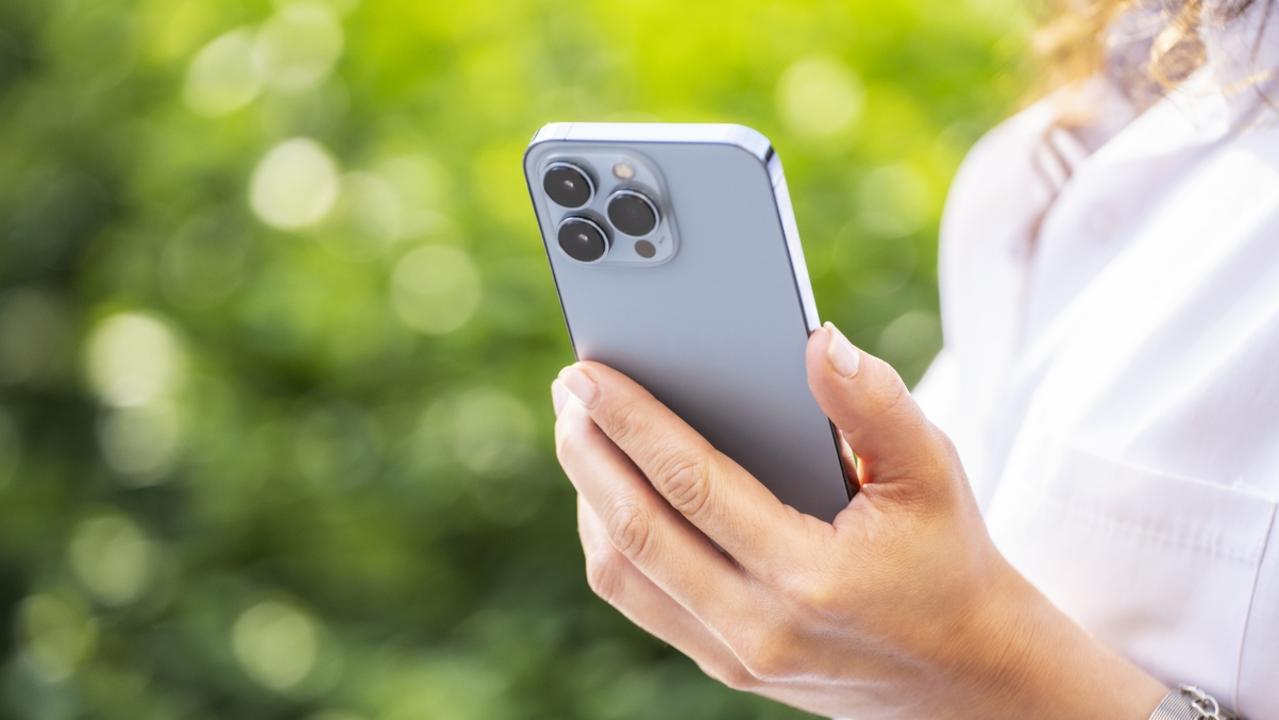
Mr Billson says the change will also have a big impact on rural and regional communities, affecting environment monitoring technology used by many farmers, as well as surveying equipment.
Affected devices may include “smartwatches, wearables, and IoT devices such as EFTPOS terminals, industrial routers, scanners, security monitoring devices, telematics, asset tracking tools, environment monitoring tools, security cameras, medical alarms, personal emergency response solutions, and home security alarms/devices”, according to the Australian Mobile Telecommunications Association (AMTA).
Australians have been urged to check their devices and if affected, contact their manufacturer or service provider to upgrade.
“It’s the sort of quiet technology element that most people don’t give a second thought to because their primary focus is on the functionality, not the back-end communications spectrum it’s using,” Mr Billson said.
“People are probably not thinking about it at all, older EFTPOS machines and that sort of stuff. That’s a risk of lost customers and for some it could be a critical, central piece of capability.”
The industry-wide decision by all three Australian telcos to shutter the 20-year-old 3G network is intended to allow carriers to boost capacity for later-generation networks.
Vodafone already shut its 3G network down in January.
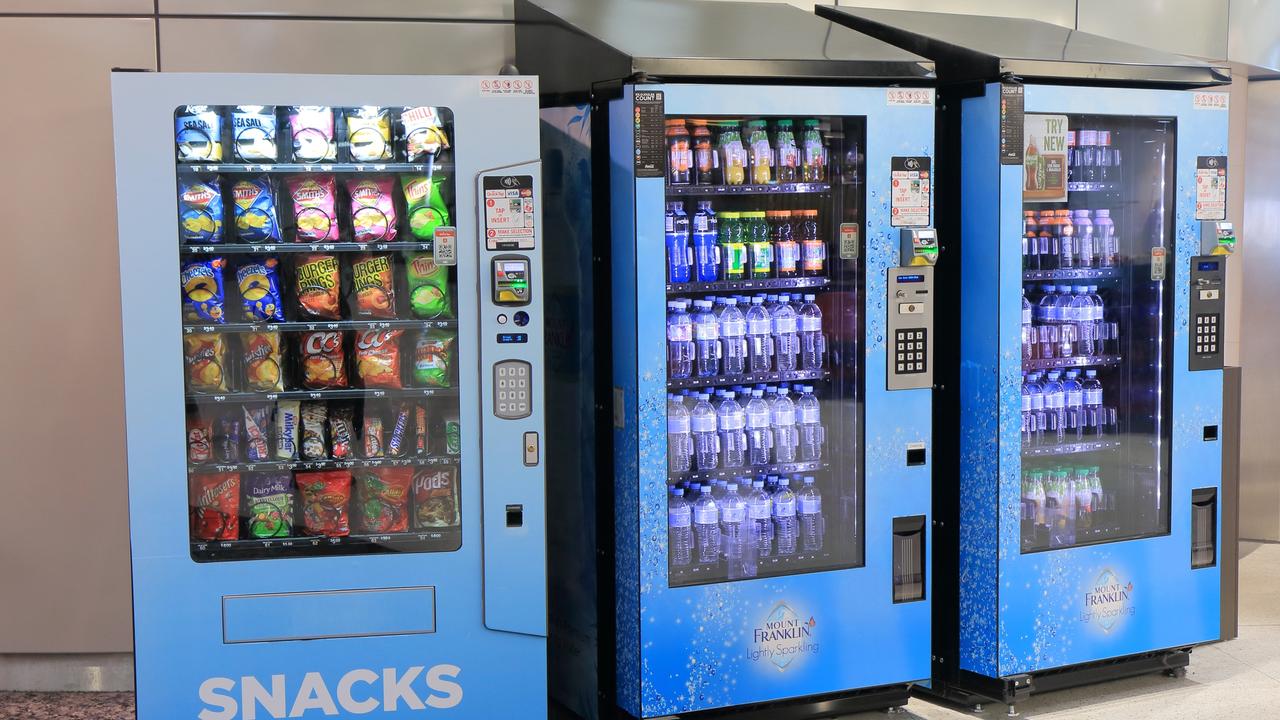
Last week, 2GB host Ben Fordham revealed the radio station became aware of the problem when the office vending machine stopped working.
“It turns out, all unattended retail sites rely on the 3G network,” Fordham said.
“So we’re talking about vending machines, parking stations, car washes, laundromats, that kind of thing. Any facility that requires a card reader is impacted, and if they use the 3G network they must be replaced. But a lot of businesses have got no idea … so this is going to cost hundreds of thousands of dollars, and that’s an understatement. I think across the board it’s going to run into the tens of millions of dollars. And here’s where things become more complicated. Businesses that have a 3G card reader have got to replace it, but the replacement card readers are becoming so popular because everyone needs one that there’s a shortage of them.”
Robbie Allison, founder and managing director of vending machine company QualityVend, told Fordham it was a “massive cost” to upgrade the equipment.
“Between the cost of the reader and the cost of replacing it and the time for the worker to go out, you’re looking at about $650,” he said.
“Say you’ve spent $10,000 on a machine, you hope to get a 10 per cent profit, that’s $1000, so really over half of the profit on the average vending machine this year will go into just replacing the reader so they can take the same money they took yesterday. That’s going to have an impact on business.”
He estimated “100,000 touchpoints across Australia” are going to be impacted.
Mr Allison said he had already seen a 5-10 per cent decline in revenue compared with last year due to the increasing number of malfunctioning readers.
“Over the last two years people have been buying some [4G readers] in as they go but there is a massive bulk of these at the moment that need to be swapped over,” he said.
“It’s a massive macro problem on 1000 little touchpoints.”
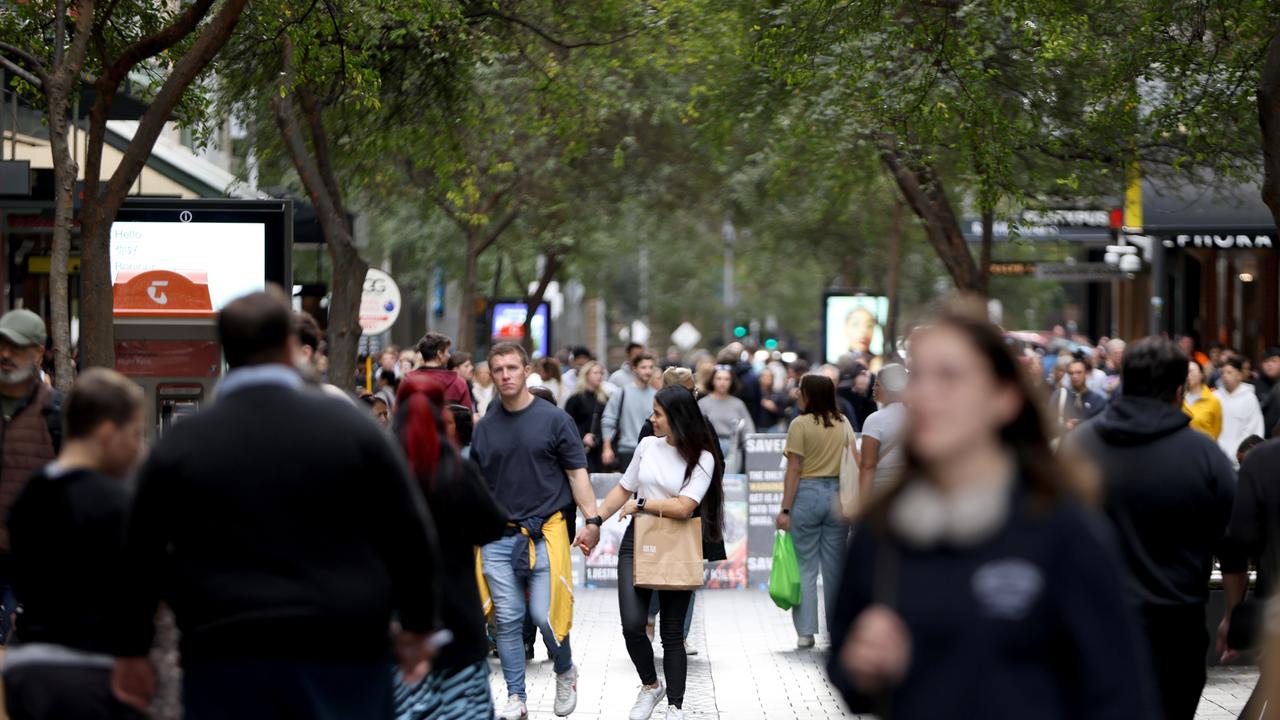
The high cost of upgrading 3G equipment will be “significant, and at a time when small business, family and farming businesses are operating on tight margins and ever-increasing cost of inputs”, Mr Billson said.
But the Ombudsman said the 3G shutdown was the right decision and had been “many years in the making”.
“Spectrum is a scarce public resource, so the need to use it wisely and for its highest and best use is important to the nation and the economy,” he said.
Surveyors Australia, representing more than 400 surveying businesses, has previously called for government assistance for the changeover.
“When we first started talking to Telstra and the government about this last year, the response was quite generalised and along the lines of ‘everyone has had long enough to switch over’,” the peak body told members earlier this month. “While we hope this [two-month delay] helps to reduce some of the pressure in being prepared, we will continue our advocacy to push for financial support for this unplanned cost to your businesses.”
Despite the switch-off being announced in 2019, hundreds of thousands of Aussies are yet to ditch their soon-to-be-bricked mobile phones.
Concerns have previously been raised that more than one million people even with older 4G phones may be left unable to contact emergency services, as these default to 3G when dialling triple-zero.
Telstra, which had been intending to switch off its network on June 30, announced earlier this month that it was being pushed back to the end of August to give customers more time to upgrade their devices, with a reminder text message sent out.
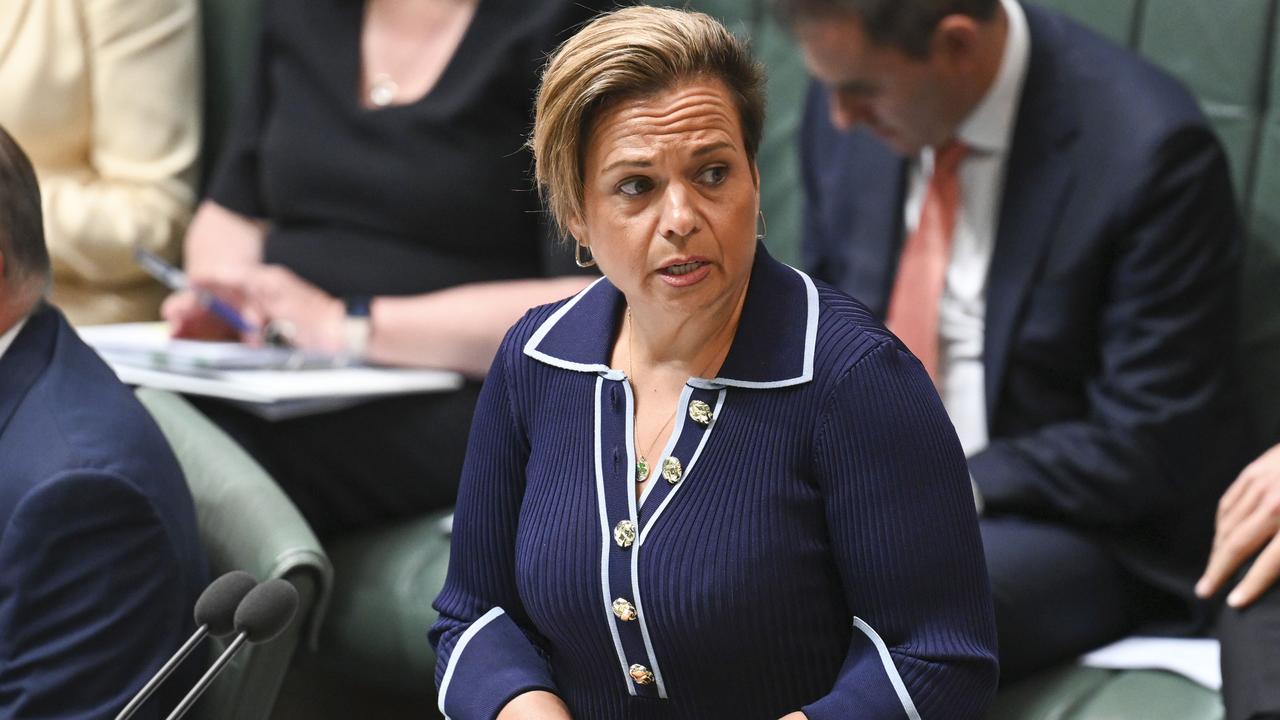
The country’s biggest telco revealed in April that more than 110,000 customers were yet to upgrade despite the looming cut-off date.
At the time, the opposition seized on the news to accuse Communications Minister Michelle Rowland of botching the switchover.
“This decision underscores Minister Rowland’s hapless handling of the key issue that some 4G phones will not work after 3G shutdown,” opposition communications spokesman David Coleman said.
“The Minister only set up her ‘working group’ in March. If the Minister had acted professionally and expeditiously, there would have been ample time to deal with this issue prior to 3G shutdown.”
One Nation Senator Malcolm Roberts said the federal government should intervene and cancel the shutdown altogether.
“I am again calling on the telecommunications companies to abandon their 3G network shutdown until they can assure us that no Australian will be worse off or unable to call triple-zero,” Mr Roberts said.
“This slight delay [by Telstra] does nothing to address the one million 4G mobile phones that will be unable to call triple-0 when the 3G network is shut off.”
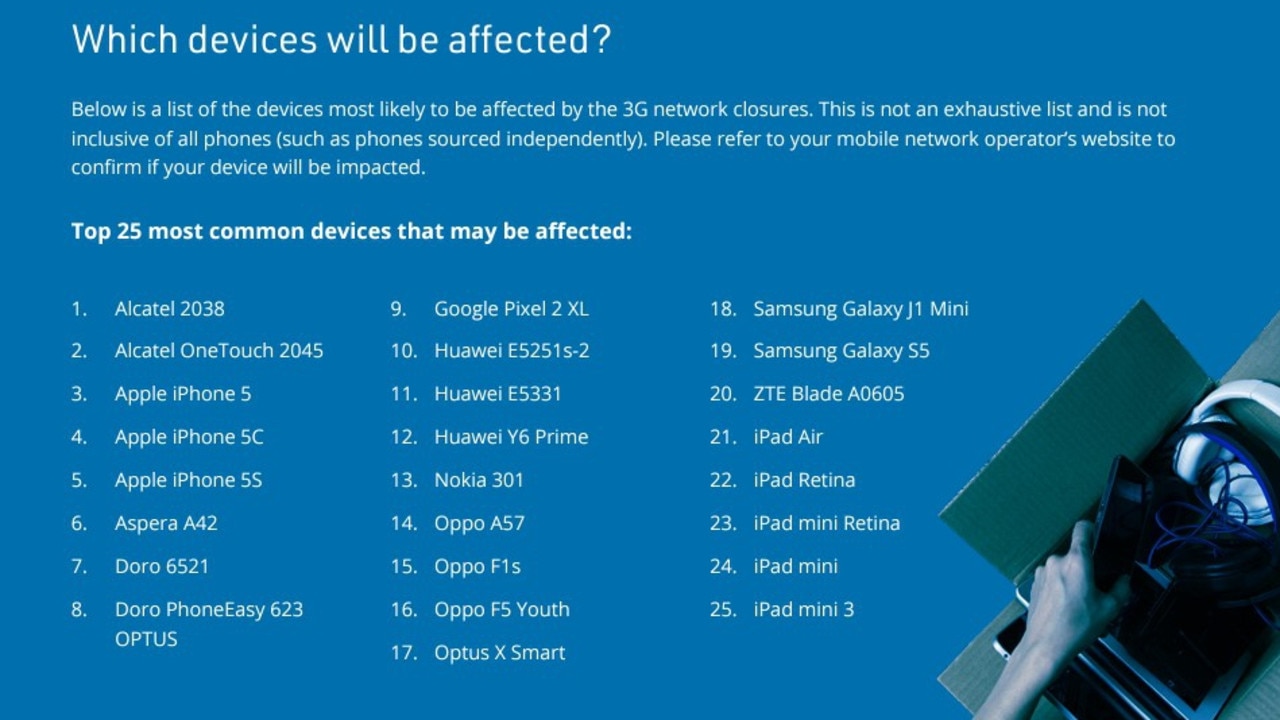
He added the delay “does nothing to address the estimated three million devices including vital medical alarms, farm infrastructure, small business EFTPOS machines and regional Australians are still completely reliant on the 3G network”.
“The Senate inquiry into the 3G shutdown won’t report until November 30, shutting down before then is defiance of the Senate and people’s elected representatives,” he said.
“It is time for [Ms Rowland] to intervene. The telecommunications companies are obviously set on leaving Australians high and dry.”
Optus vice president of government and regulatory affairs Andrew Sheridan said in a statement that the telco was “continuing to communicate directly with customers who we believe will be impacted by the closure of our 3G network from September 2024 to strongly encourage them to change their device”.
“This shutdown will include both customers who are still reliant on 3G only devices and those who may be using a 4G device that may also rely on the 3G network,” he said.
“We are providing additional support to vulnerable customers. We are encouraging customers that have already been contacted by Optus to upgrade their devices earlier to ensure they are not impacted by this shut down. Optus technicians have been preparing for this shutdown by enhancing 4G and 5G coverage.”
A spokesman for Ms Rowland said the 3G switch-off was “a commercial decision of the mobile network operators”.
“The government supports the 3G switchover to enable better technology like 4G and 5G to be deployed to boost the data capacity, speed and capability of Australian networks,” he said.
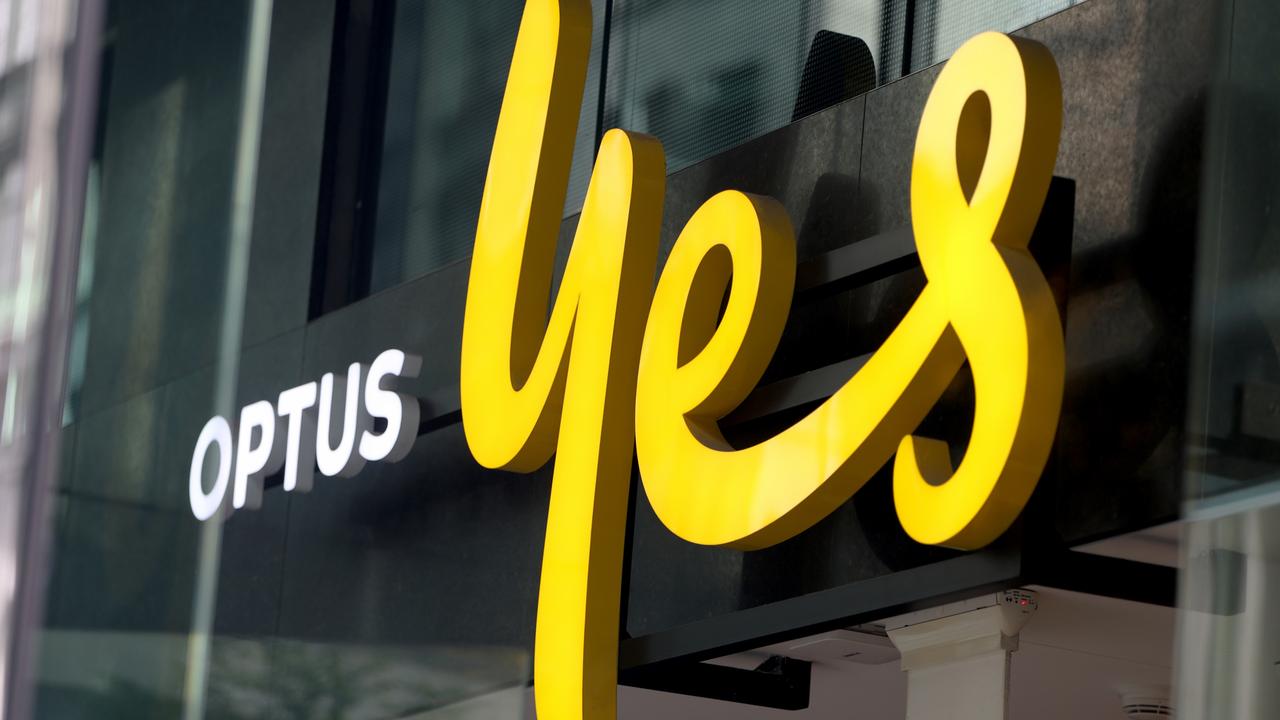
“The government understands that mobile network operators are engaging with customers impacted by the 3G switchover, including Internet-of-Things users. The government is particularly concerned about a sub-set of impacted 4G handsets that will continue to operate normally for voice, SMS and data post-switch off, but will be unable to make calls to triple-zero.”
He said the telco industry was continuing to work to identify mobile devices impacted by this issue, with the latest information provided to government indicating that approximately 370,000 may fall into this category.
“The government has supported industry to establish a working group to manage the 3G switchover in a safer way,” he said.
“The government encourages impacted customers to reach out to their service provider, or other available mobile network service providers in their area, for options on upgrading affected devices.”
Telstra said it was currently communicating to around 200,000 mobile customers across consumer and small business to let them know that they have a handset that is either 3G only, does not support voice over 4G (VoLTE), has 4G coverage limitations, or is 4G-enabled but hardwired to use 3G for emergency calls, and that they need to upgrade.
“To help people be aware if they need to make a change, we’ve now implemented a short pre-recorded message to devices that need upgrading and plays before all outgoing calls (excluding emergency calls) and we’re already seeing some good transition rates as a result,” a spokesman said.
Telstra and Optus customers can also check whether their mobile phone is affected by texting the number 3 to 3498.






